Women consistently report negative experiences of the health care system. Poor services, or a lack of services at all, are the result of the benevolent moral and political policing, and medicalisation of women’s bodies.
When we do not have equal access to health care
Connected posts
We need nurses! Diva Magazine 1997
There was huge stigma and discrimination surrounding people with HIV/AIDS. This advert calls for nurses who could provide specialist care and support in hospital for people with HIV/AIDS.
[Ruchill nurses] hugged when no one came to visit, they listened to stories where no one wanted to hear testimony of authentic lives lived & snuffed out. They prepared & presented bodies where no family came to claim, they ensured every last dignity was honoured. They laughed, cried with & consoled their wide-eyed human charges, no one was left uncared for. Overwhelmed many, the youth, the volume & they stood at graves… It was never 'just a job' more an act of true humanity' - David Thomas
RIP Ruth, Jackie, Sylvia, Graham, Annie and all the other brilliant, women, men and kids who taught me so much about love, humility, and kindness, when the world was full of fear and hatred of them. - Beverly McFarlane
Europe against AIDS Travel Kit 1992
In March 1991, there were 84,000 known cases of people with AIDS in the European Community and about 500,000 people living with HIV.
The ‘Europe against AIDS’ campaign helped people to avoid becoming infected with HIV while travelling. It also tackled issues like infection of women and children, AIDS and drug users, HIV in prison, and discrimination against people with HIV and AIDS.
Trans Health Manifesto, Radical Transfeminism Zine 2017
‘In my mind, radical transfeminism involves centring trans women, trans femmes and non-binary transfemine people… to centre our bodies, needs, experiences and importantly our desires within our political, academic, activist and organising work. Our bodily autonomy is at the heart of this.’
‘We are not too ill, too disabled, too anxious, too depressed, too psychotic, too Mad, too foreign, too young, too old, too fat, too thin, too poor, too queer to make decisions about our bodies and our futures.’
The Gender Recognition Act of 2004 recognised transgender people in their acquired gender role for the first time. Protection from discrimination at work for trans people has been in place since 1999 but protection for trans rights in education was only made law in 2010.
Scottish Abortion Campaign badge c.1980 and National Abortion Campaign Mug c.1980
This mug and badge were part of campaigns to defend the 1967 Abortion Act against politicians who were arguing against women’s right to choose. The Scottish campaign chose two symbols – the thistle for Scotland and the broken knitting needle to reflect a break with the past and the trauma of illegal abortion.
The right to have an abortion is still an ongoing struggle in many parts of the world.
Healthcare not airfare #RepealThe8th #TrustWomen luggage tag, London-Irish Abortion Rights Campaign 2018
In 1983, the Irish people voted for the 8thamendment to their constitution, giving equal rights to a pregnant woman and an unborn child. In reality, the amendment made it impossible for women to have an abortion.
In a referendum on 25 May 2018, the Irish people voted by 66% to 34% to repeal the 8thamendment. The vote was backed by a powerful grassroots campaign and shows a huge shift in attitudes towards women’s rights in Ireland.
But since the law changed on 1st January 2019, only 5% of Irish GPs have signed up to provide abortions.
Women from Northern Ireland, where abortion is still banned, can travel to the Irish Republic but must pay.

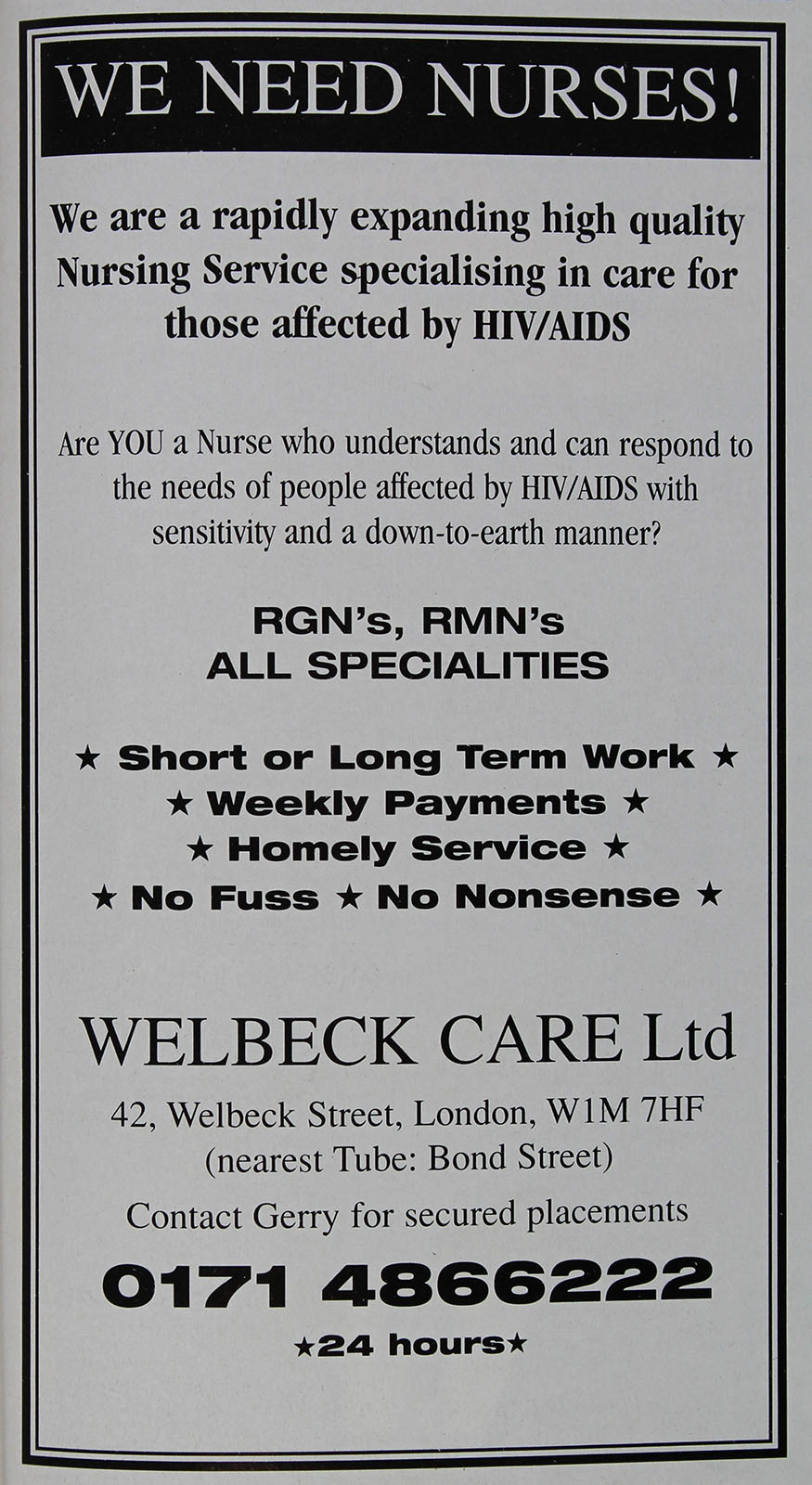
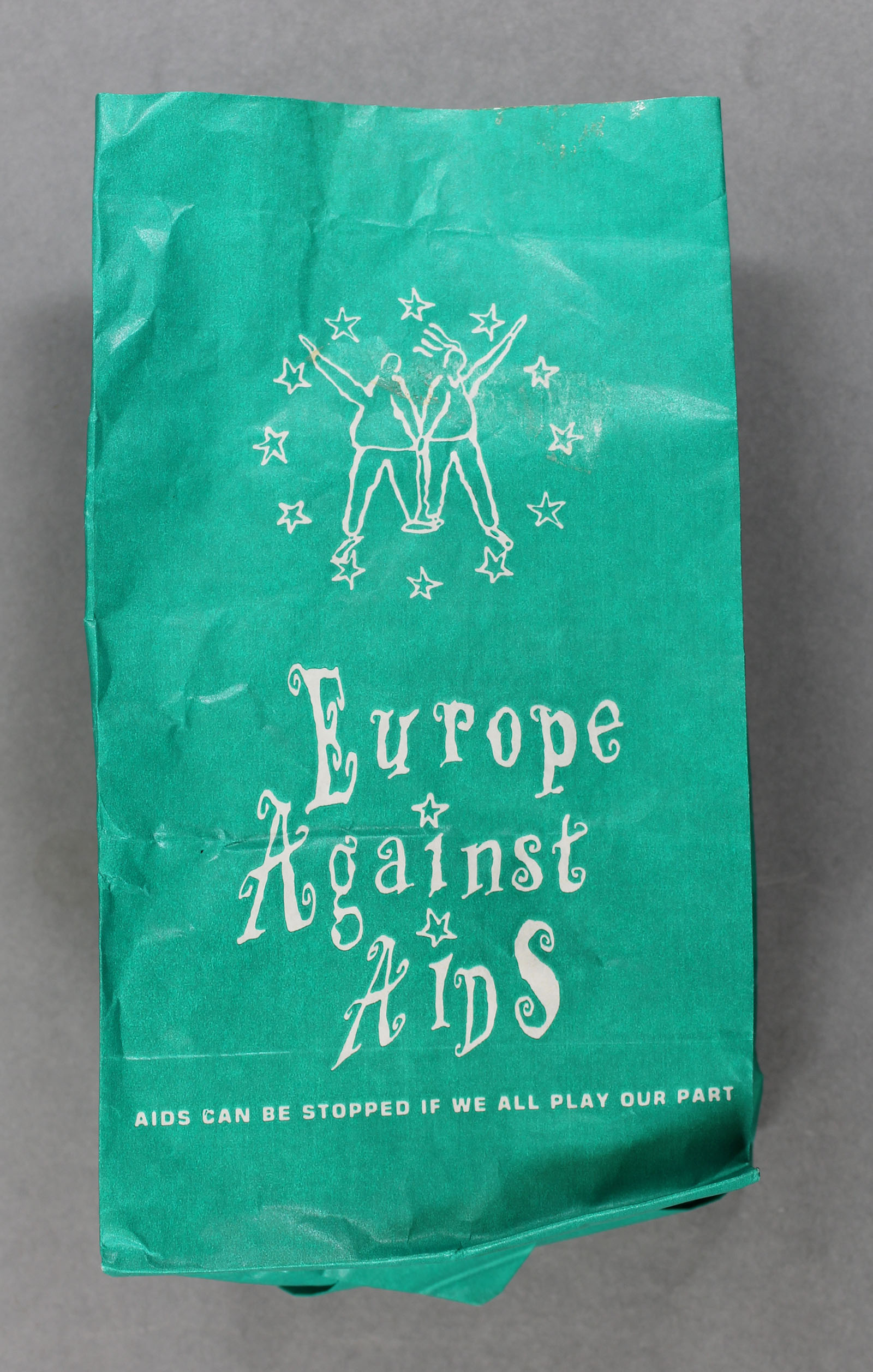
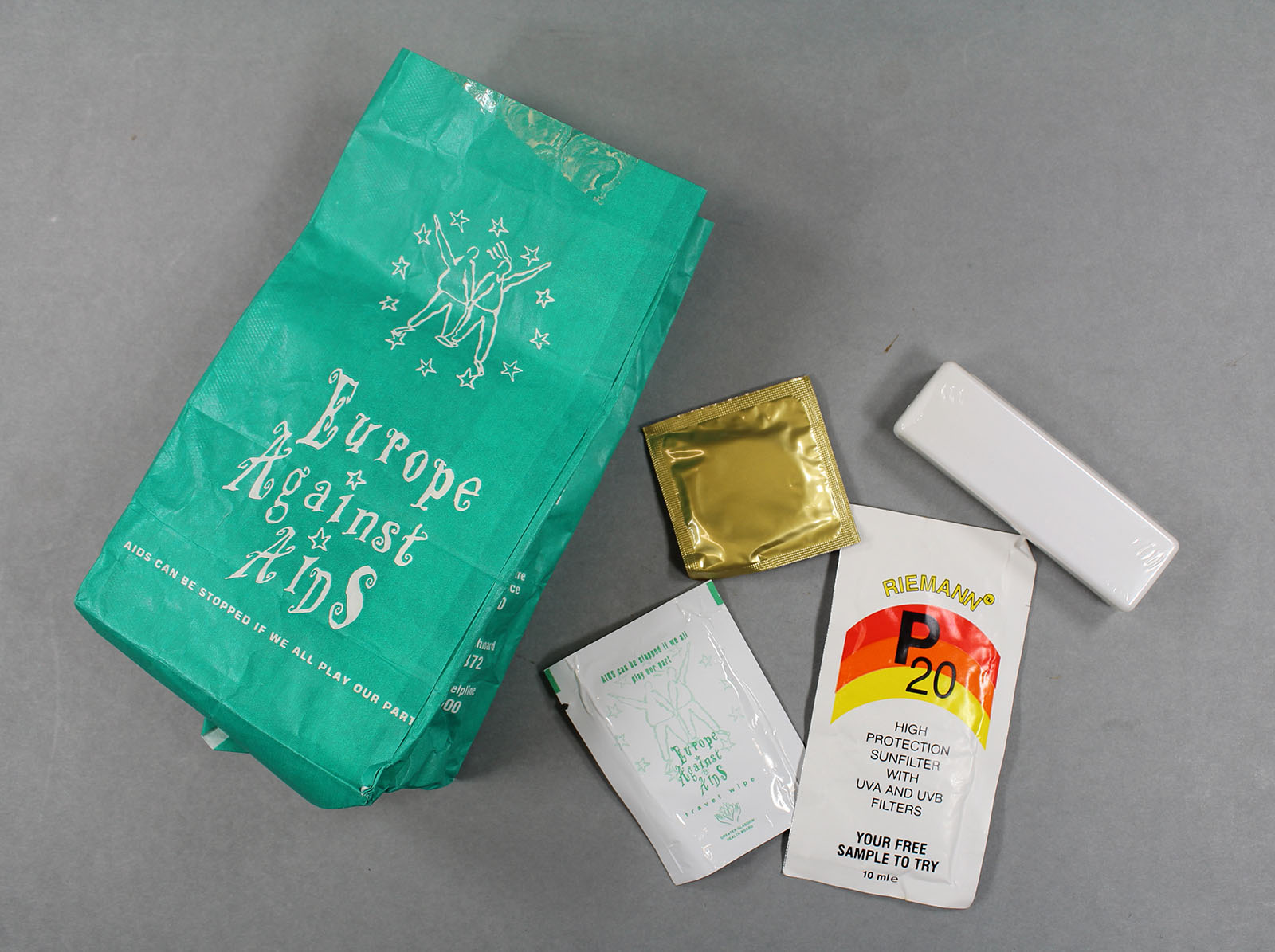
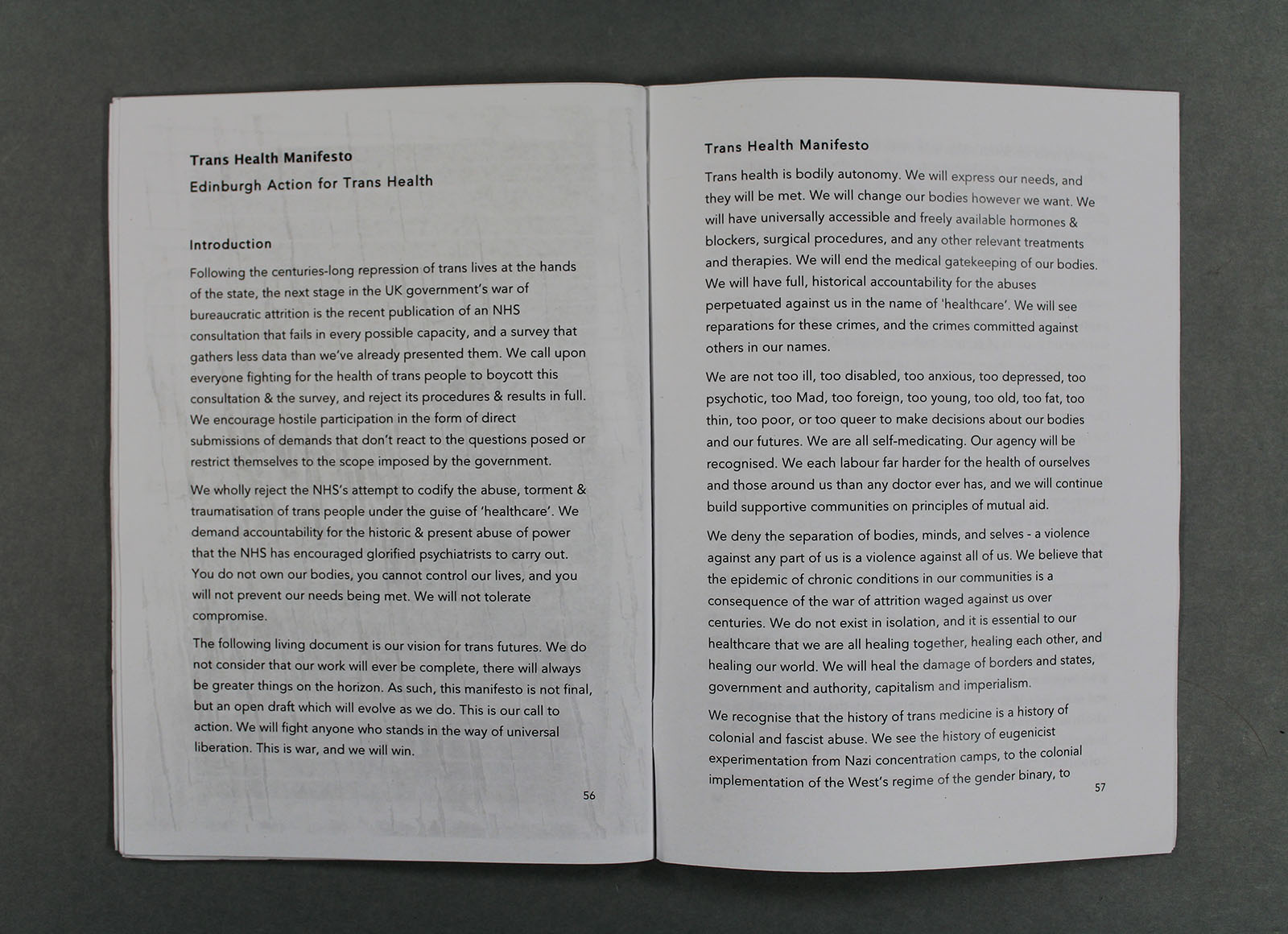
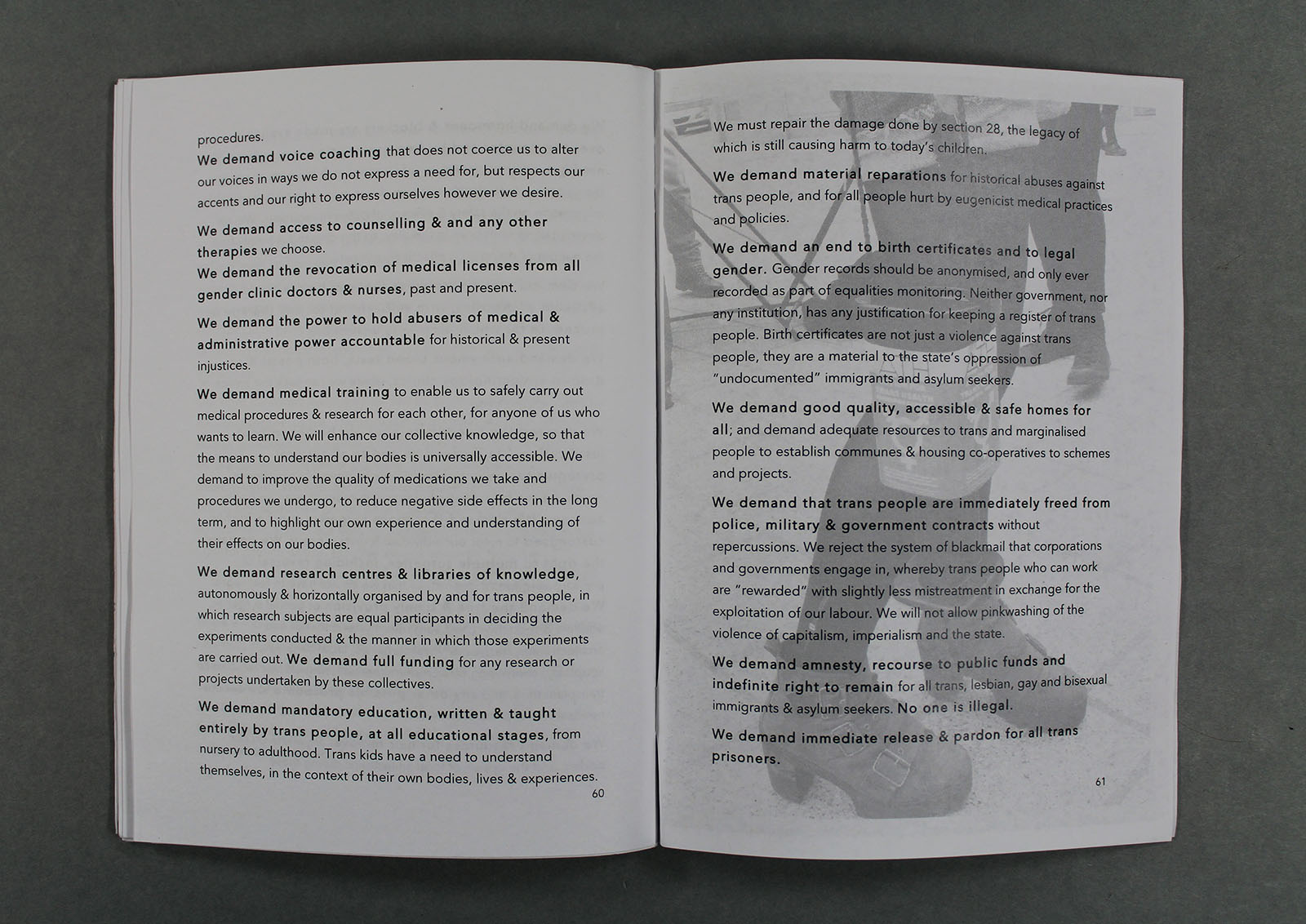
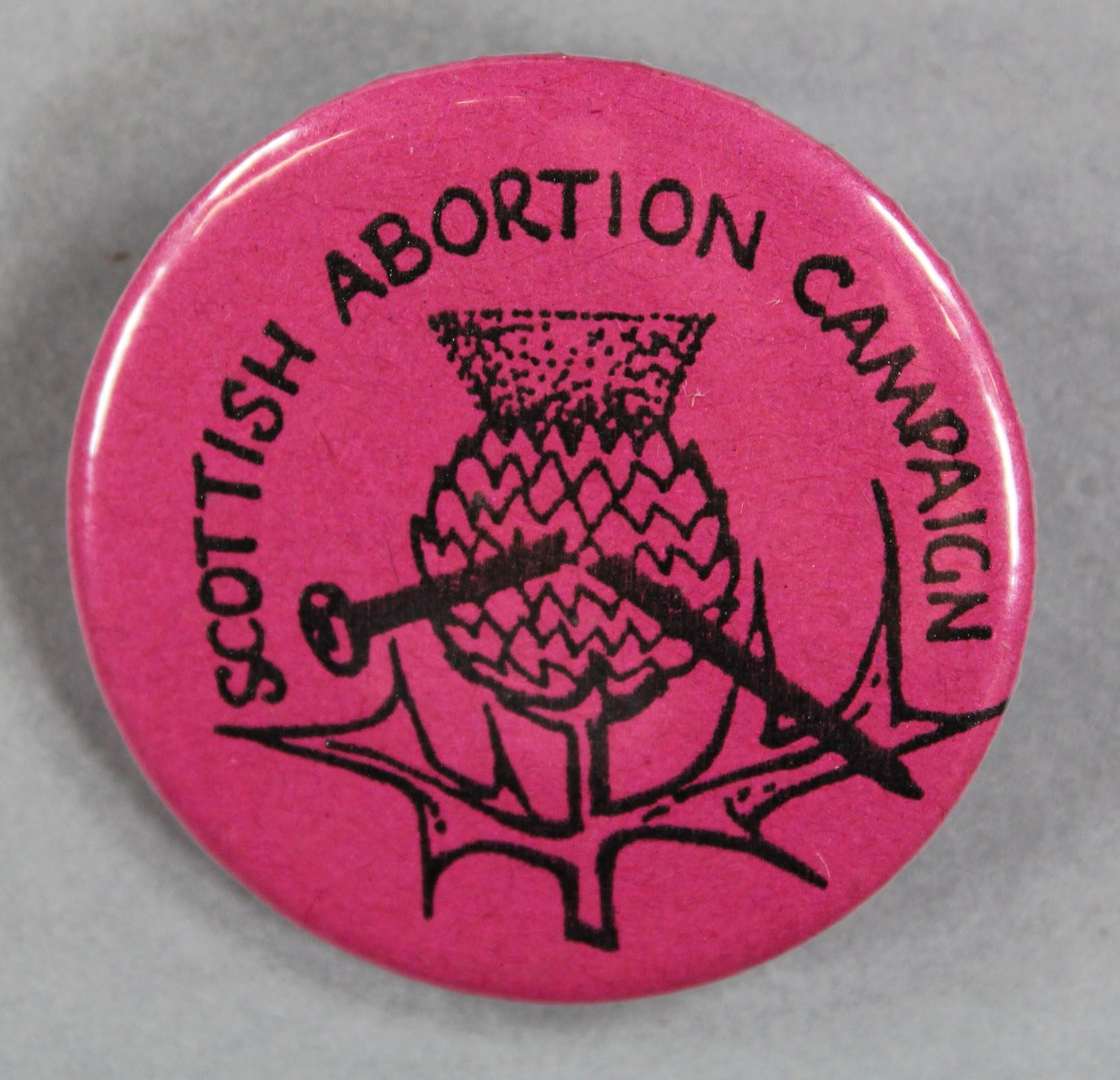
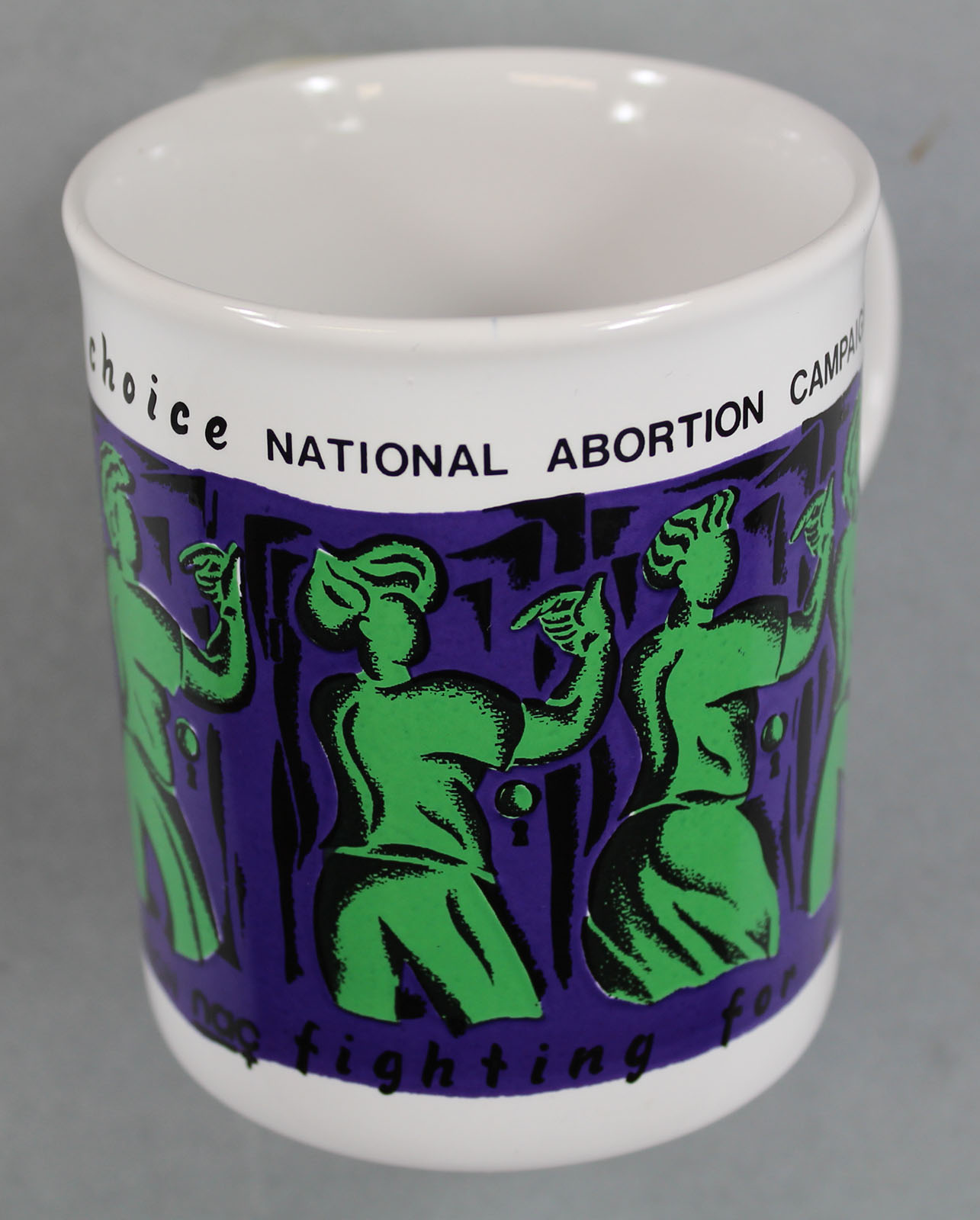
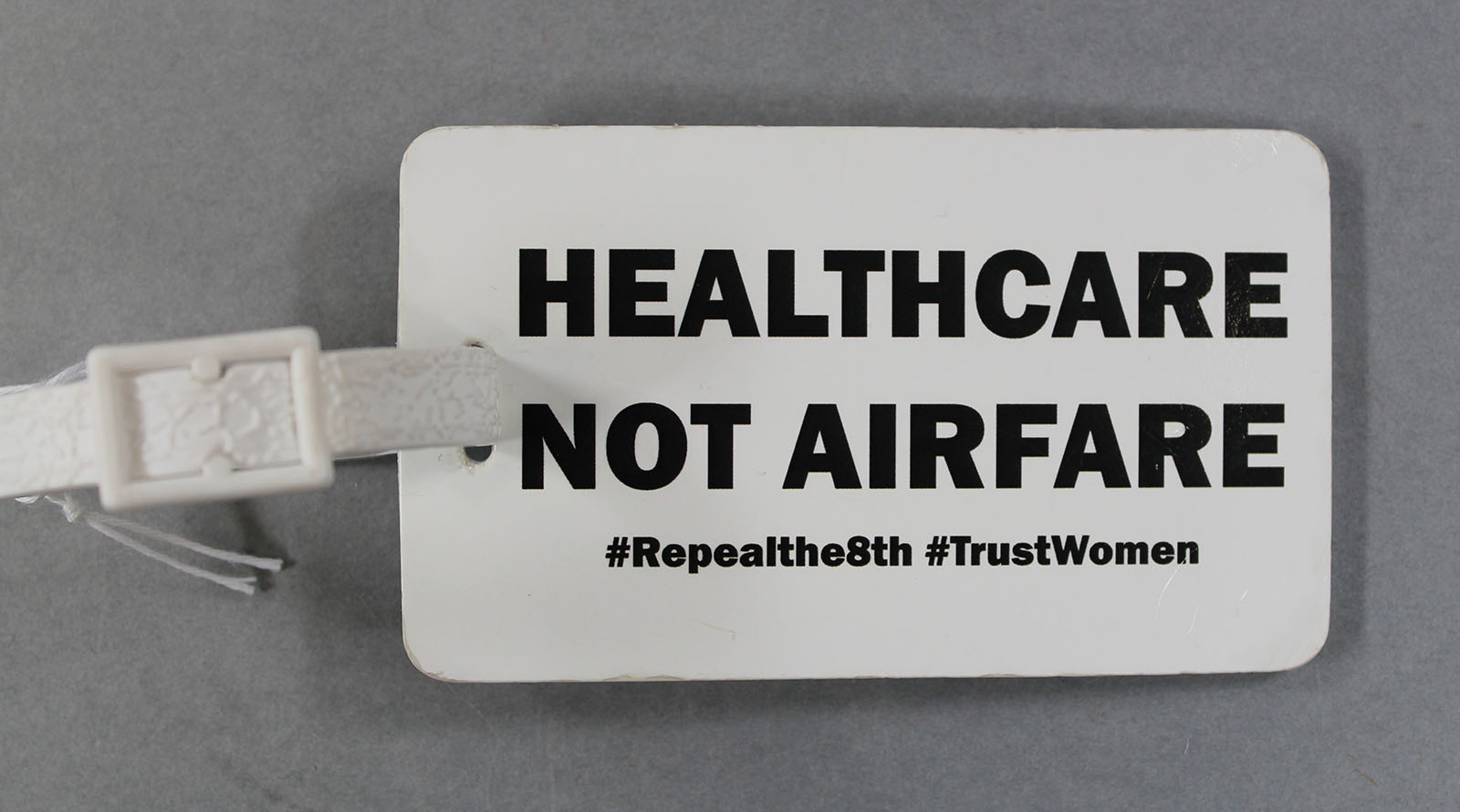
Comments are closed.